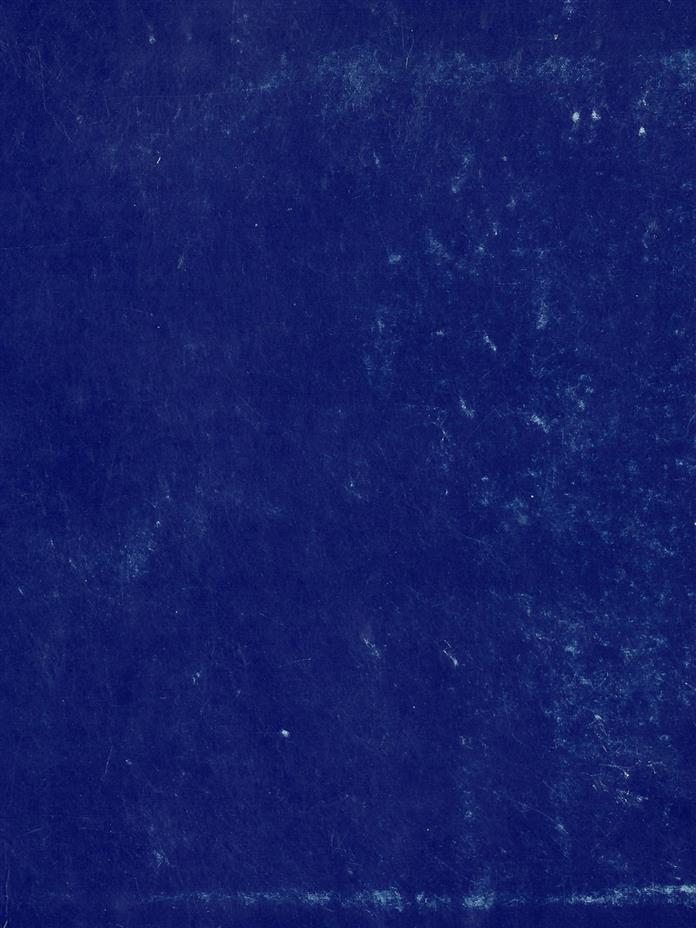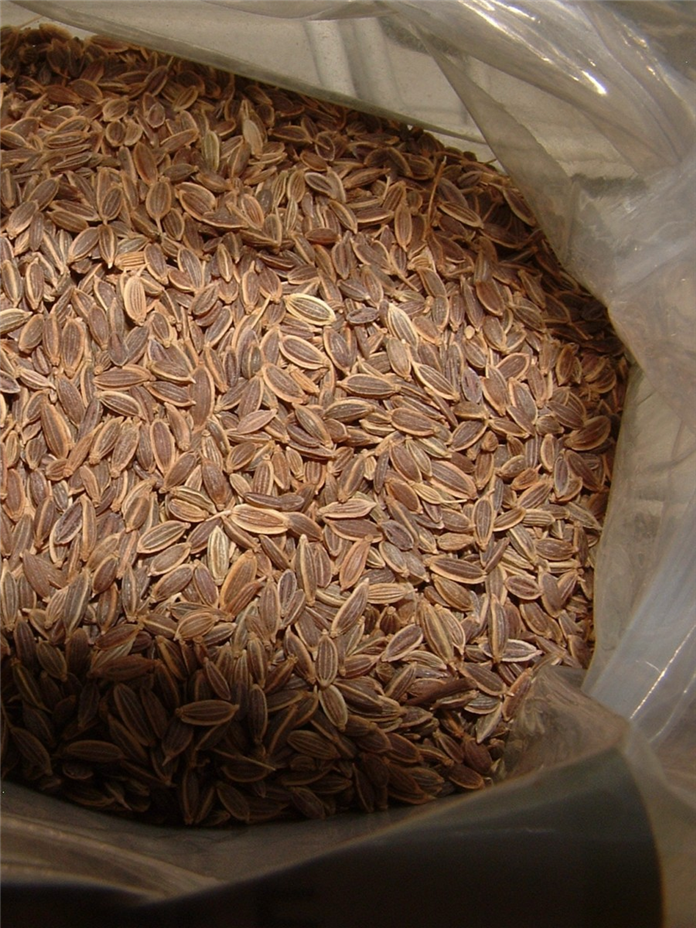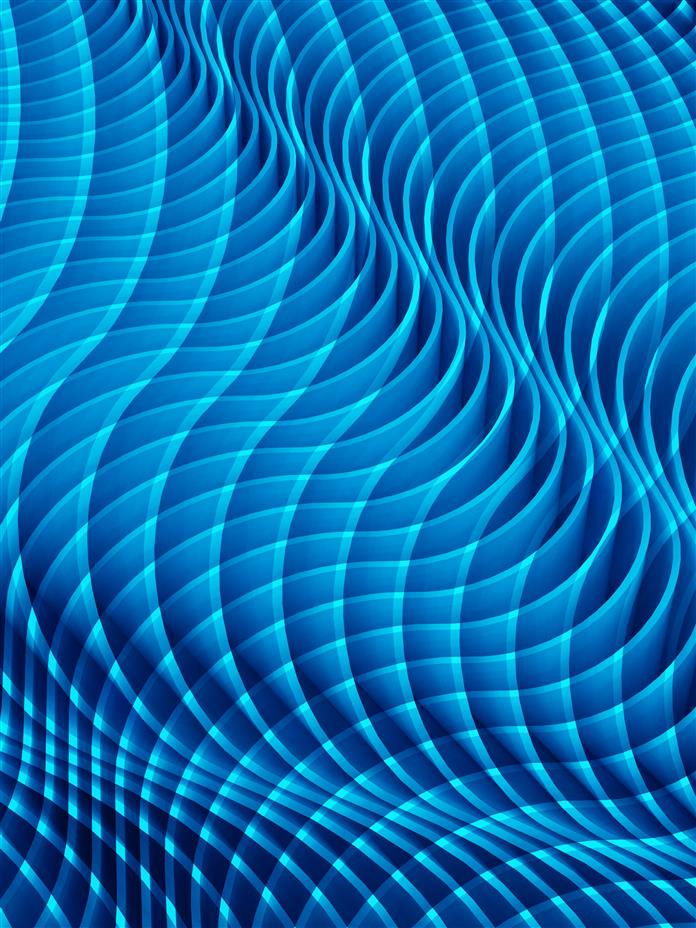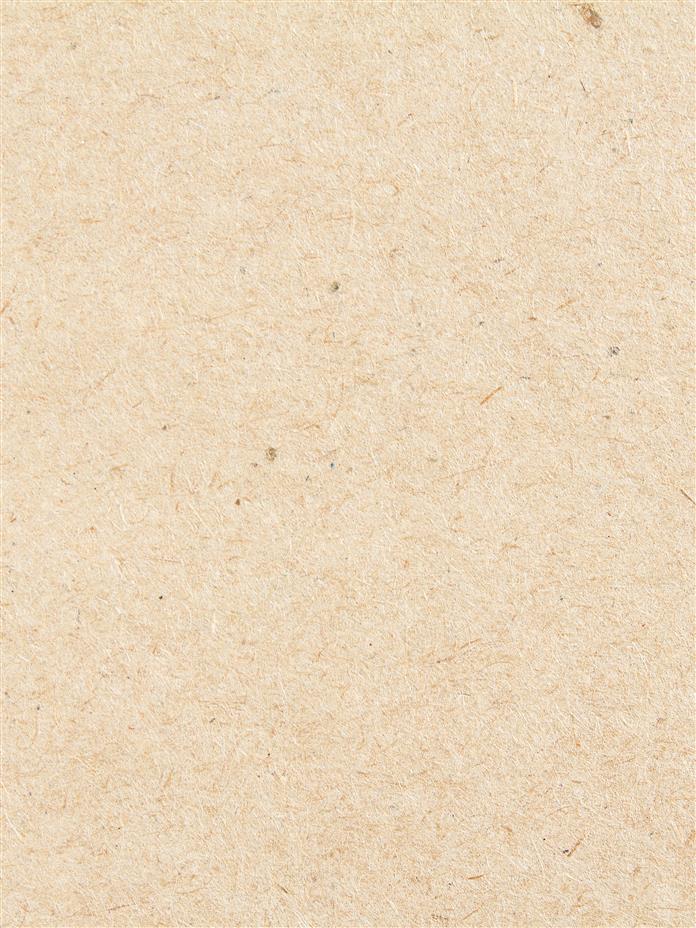Psyllium husk, a dietary fiber, is extracted from the seeds of plantago plant. It is used for improving blood circulation and digestive health. To get an insight about the benefits and side effects of psyllium, keep reading this story.

Tap to Read ➤
Benefits and Side Effects of Psyllium Husk
Ningthoujam Sandhyarani


Psyllium husk, a dietary fiber, is extracted from the seeds of plantago plant. It is used for improving blood circulation and digestive health. To get an insight about the benefits and side effects of psyllium, keep reading this story.

Psyllium husk is the seed cover of the plant, Plantago ovata, which is native to parts of Asia and Middle East countries. Commonly known as ispaghula or psyllium, it is a rich source of fiber and contains complex carbohydrates. Psyllium seed husk is used in herbal remedies since a long time.

It belongs to the water-soluble class of fiber called mucilage. When water is added to psyllium husk, it retains water (to some extent), swells, and turns mucilaginous or a gel-like substance.

Benefits

For consumption purposes, psyllium seed husk can be consumed whole, or it can be dried and used in powdered form. Usually, it is taken with ample amounts of water or other healthy liquids. The powder version of psyllium seed husk serves as an ideal ingredient for baking gluten-free goodies.

Also, a clay-based drink containing psyllium is used for body detoxification. In addition, capsules formulated with the same are available in the market for use as laxatives and fiber supplements. In short, one can select a suitable psyllium product according to his/her health requirements.

In comparison to other fiber-rich cereals like, oat, barley, flaxseed, and bran, psyllium seed husk contains a higher amount of fiber, about 71 grams per one-third of a cup. Though the husk itself is indigestible in humans, it provides a feeling of fullness, reduces appetite, and helps in promoting digestive health.

In the digestive system, it absorbs water and passes further without getting digested, resulting in a softer and bulkier stool. People who have added this dietary fiber source in the diet experienced improvement in the bowel health.
Besides using psyllium husk in the regular diet plan, it is also suggested for the treatment of various medical conditions such as diverticulitis, detoxification (colon cleanse), constipation, Crohn's disease, diarrhea, and irritable bowel syndrome (IBS).

According to research studies, psyllium seed husk is beneficial for losing weight, controlling blood glucose, improving circulatory system, and lowering cholesterol level, especially the low-density lipoprotein (LDL) or bad cholesterol.
However, more clinical trials are yet to be conducted for confirming whether the claimed benefits of psyllium seed husk are true or not.
Side Effects
No doubt, incorporating psyllium correctly is touted to benefit us in many ways. But, improper use of this herb, in terms of less water intake and excess consumption amount, results in some side effects, which should not be neglected.
The adverse effects of psyllium husk includes bloating, diarrhea, flatulence, gastrointestinal obstruction, and general discomfort. Some cases of allergic reactions like breathing problems, skin rash, hives, and anaphylaxis are also reported.
People who are sensitive to pollen and melon are at a higher risk of developing allergic responses to psyllium husk than others.
The best way to prevent side effects of psyllium husk is to drink lots of water, one full glass with psyllium and at least 6 - 7 glasses after consumption or as per recommendations by the physician. In case of insufficient water intake, there are chances of dehydration or digestive problems.
It is always advisable to gradually increase the dose of psyllium intake, so that the body system gets used to the dietary supplement. Another major concern of taking psyllium seed husk is reducing the absorption and effectiveness of prescription drugs. Hence, treatment drugs (if any) should be consumed at least two hours before or after psyllium intake.
For safety concerns, psyllium is not recommended for children and pregnant women. Those who have underlying medical conditions should seek advice from the concerned physician before using any form of psyllium seed husk. In case, you experience negative effects of psyllium, discontinue using it and consult a physician as soon as possible.
The doctor will question about the consumption amount and how you use it. If required, he/she may suggest reduction in the intake amount or changes in the way you take it.